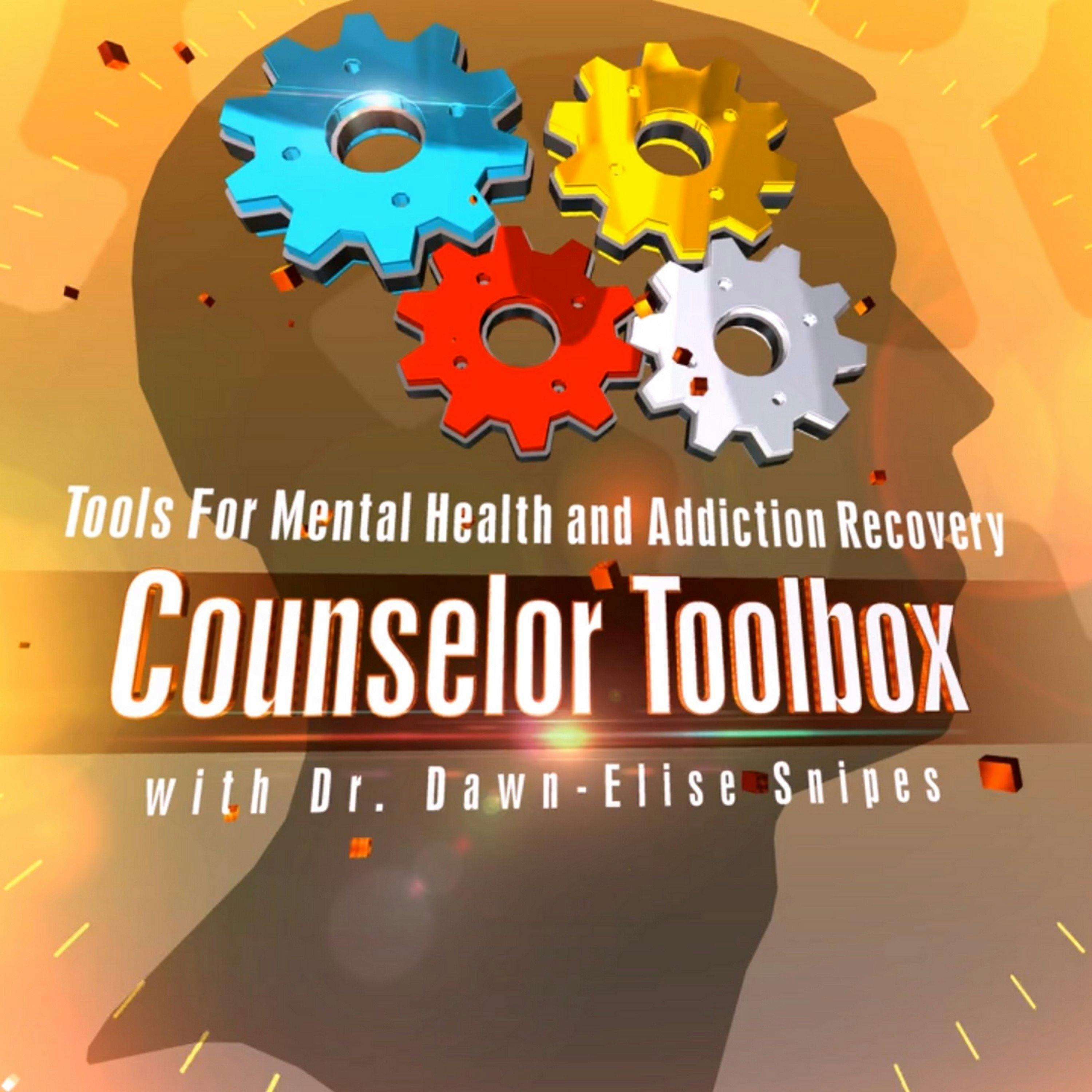How Endurance can Improve Your Marriage _ Pastoral Counseling Series
Description
Here is a structured bullet-point summary of the video titled "Restoring Your Marriage with God: Developing Endurance" presented by Dr. Dawn-Elise Snipes:
---
Introduction
Presenter: Dr. Dawn-Elise Snipes
Topic: Developing endurance in marriage, guided by biblical principles.
Key Idea: Marriage involves enduring both good and bad times, as reflected in traditional wedding vows.
Understanding Endurance
Definition: Endurance is the courage to face and overcome difficult situations, motivated by hope for improvement.
Biblical Basis:
Romans 5:3-4: Suffering leads to endurance, which builds character and hope.
James 1:12: Endurance through trials results in the Crown of Life from God.
Endurance in Personal Responsibility
Admitting Mistakes:
It's often easier to endure others' faults than to acknowledge and face consequences for our own.
Example: Recognizing personal faults and enduring correction, as advised in Proverbs 15:32.
Biblical Examples of Endurance
Enduring Personal Mistakes:
Adam and Eve: Expelled from Eden after disobeying God.
Noah: Endured the flood and later faced consequences for getting drunk.
Other Figures: Abraham, Aaron, the Israelites, Moses, Jonah, David—each faced and endured the consequences of their actions.
Enduring Others’ Mistakes:
Jacob: Tricked into marrying Leah instead of Rachel.
Joseph: Endured slavery and false accusations.
Other Figures: Moses, Ruth, Naomi, Job, and David all endured hardships caused by others' actions.
Applying Endurance in Marriage
Self-Reflection:
Reflect on personal experiences where endurance was necessary (e.g., parenting, personal growth).
Identify risks needed to repair a marriage, such as speaking the truth or rebuilding trust.
Motivational Enhancement:
Focus on long-term benefits of enduring and working on relationships.
Increase motivation by recognizing small achievements and progress.
Practical Tools for Endurance
Distress Tolerance:
MAD Technique: Be Mindful, Accept feelings, Down-regulate stress.
Dialectics: Embrace both the good and bad aspects of life and relationships.
Tragic Optimism: Acknowledge difficulties while maintaining hope for improvement.
Handling Resistance in Counseling:
Explore reasons behind resistance to change.
Ensure both partners understand the purpose and benefits of suggested changes.
Additional Considerations
Commitment, Control, Challenge (Heartiness):
Commitment: Review what's important in life and allocate energy accordingly.
Control: Identify aspects of life where control is possible and make plans to manage them.
Challenge: View obstacles as challenges to overcome rather than insurmountable barriers.
Repairing Attachment:
C.A.R.E.S. Mnemonic: Focus on Consistent mindfulness, Attention, Response, Empathy, and Support.
Rebuild trust and faith in one another through enduring commitment and small steps of progress.
Conclusion
Endurance in Recovery: Essential for the success of counseling and improving relationships.
Biblical Insight: Resistance is a sign of fear or lack of tools to change; seek strength in faith, as exemplified by Jonah's prayer in distress.
---
Chapters:
00:00:00 - Developing Endurance in Your Marriage
00:04:21 - The Endurance of Mistakes and Fallout
00:08:59 - Endurance in the Bible
00:13:19 - Increasing Motivation for Growth
00:17:29 - Distress Tolerance Skills in Relationships
00:21:51 - Calming Down and Having Productive Discussions
00:26:01 - Overcoming Resistance to Change
00:30:10 - Building Endurance and Courage in Relationships
00:34:08 - Making a Plan and Facing Challenges
00:38:16 - Increasing Endurance through Effective Communication
Learn more about your ad choices. Visit megaphone.fm/adchoices
More Episodes
Learn more about your ad choices. Visit megaphone.fm/adchoices
Published 11/21/24
Published 11/21/24
Introduction
Presenter: Dr. Dawn-Elise Snipes discusses helping families navigate life transitions using the Flower Empower Model.
The focus is on understanding how various transitions impact both individuals and families, emphasizing the importance of supportive partnerships between...
Published 11/19/24


